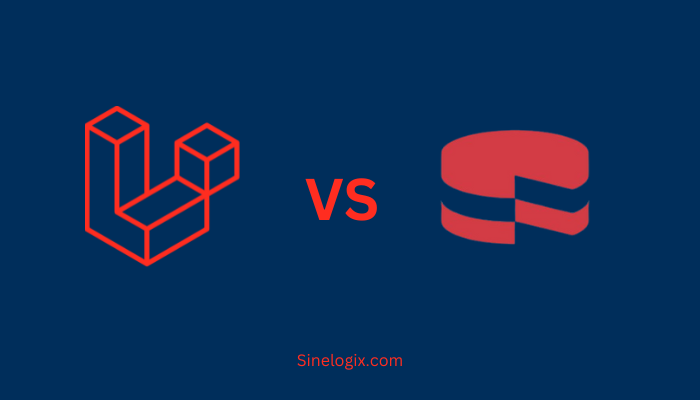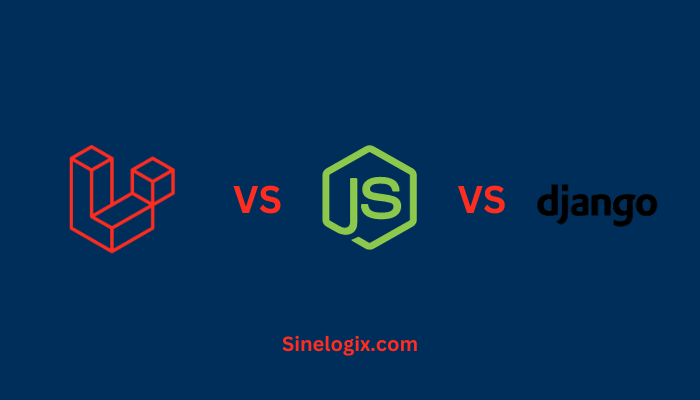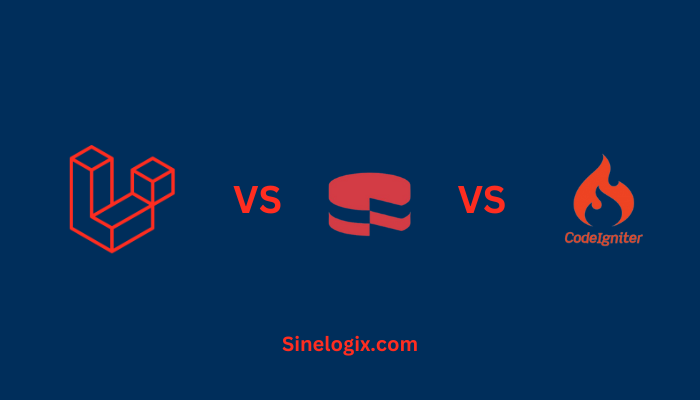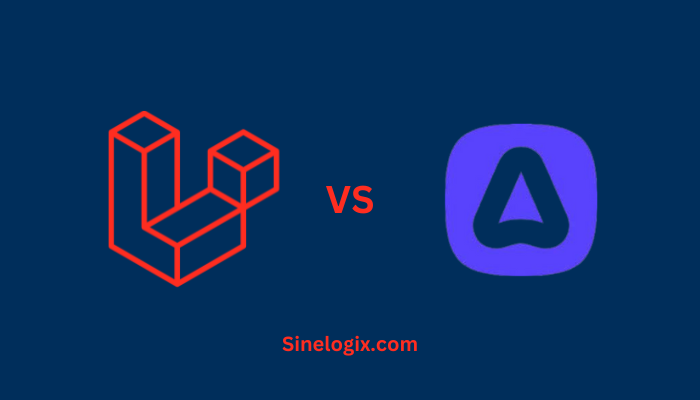In the dynamic realm of PHP frameworks, Laravel and CakePHP emerge as influential players, each bringing its unique features and paradigms to the development landscape.
This detailed exploration aims to unravel the intricacies of Laravel and CakePHP, providing developers with an in-depth understanding to make well-informed decisions for their projects.
Features
Laravel and CakePHP represent two distinct approaches to web development, each boasting a set of features that cater to different developer preferences.
Laravel, celebrated for its elegant syntax and developer-friendly experience, offers an array of features. It includes an expressive ORM known as Eloquent, a powerful templating engine named Blade, and a convenient query builder. Laravel’s focus on convention over configuration streamlines development, making it an excellent choice for those who value simplicity and rapid application development.
CakePHP, on the other hand, adopts a convention-based approach with an emphasis on simplicity and reusability. Its features include a built-in ORM, a robust scaffolding system, and a powerful set of conventions for naming and structuring files.
CakePHP’s approach aims to reduce development time by minimizing the need for configuration, making it an ideal framework for straightforward and fast-paced projects.
Market Usage Statistics
Analyzing the market usage statistics of Laravel and CakePHP provides insights into their real-world adoption. As of the latest data, Laravel has experienced widespread popularity, particularly in the startup and mid-sized project space. Its vibrant community and rich ecosystem of packages available through Composer contribute to its success.
CakePHP, while not as dominant in terms of market share, maintains a dedicated user base. Its focus on convention-based development attracts developers who appreciate a framework with strong opinions on best practices.
Popularity Over the Years
Exploring the historical popularity of Laravel and CakePHP unveils insights into their evolution and sustained relevance. Laravel has undergone rapid growth since its inception, becoming one of the most sought-after PHP frameworks.
Its commitment to modern development practices and a focus on developer experience contribute to its widespread adoption.
CakePHP, with a more steady growth trajectory, has maintained a strong presence. Its convention-based approach and emphasis on simplicity appeal to developers looking for a framework with a clear and structured workflow.
Pros and Cons of Laravel and CakePHP
To make informed decisions, developers must assess the strengths and weaknesses of each framework.
Laravel’s Pros:
- Elegant syntax and developer-friendly features.
- Large and active community with extensive documentation.
- Rich ecosystem of packages available through Composer.
- Rapid application development (RAD) capabilities.
Laravel’s Cons:
- May not be as suitable for large, enterprise-level projects with complex requirements.
- Convention over configuration may limit flexibility in certain scenarios.
CakePHP’s Pros:
- Convention-based development for streamlined workflows.
- Built-in ORM and scaffolding for rapid application development.
- Strong emphasis on simplicity and reusability.
- Clear and structured approach to naming and structuring files.
CakePHP’s Cons:
- Smaller community compared to Laravel.
- May not be as feature-rich or flexible as Laravel in certain scenarios.
Applications
Understanding the applications of Laravel and CakePHP is crucial for choosing the right framework for a given project.
Laravel Applications:
- Content management systems (CMS).
- E-commerce platforms.
- Small to medium-sized web applications.
- Projects where rapid development is a priority.
CakePHP Applications:
- Rapid development of small to medium-sized projects.
- Applications with straightforward requirements and conventions.
- Projects where a convention-based approach is preferred.
Laravel Vs CakePHP: A Detailed Comparison
Similarities and Differences in Laravel and CakePHP
While Laravel and CakePHP share the PHP ecosystem, they differ in their design philosophies and approaches.
Similarities:
- Both frameworks follow the MVC architecture.
- Use Composer for package management.
- Have active communities contributing to their ecosystems.
Differences:
- Laravel emphasizes convention over configuration with an expressive syntax.
- CakePHP adopts a convention-based approach with a focus on simplicity and reusability.
- Laravel’s ecosystem is larger and more diverse, catering to a wider range of project sizes and complexities.
- CakePHP’s conventions provide a structured workflow ideal for smaller projects with clear requirements.
Laravel Vs CakePHP: Which Should You Choose?
Choosing between Laravel and CakePHP depends on the specific requirements of a project, the development team’s expertise, and the development goals.
Laravel is Ideal for:
- Rapid application development.
- Startups and smaller teams.
- Projects where convention over configuration is advantageous.
CakePHP is Ideal for:
- Rapid development of smaller to medium-sized projects.
- Developers who appreciate a convention-based approach.
- Projects where simplicity and reusability are priorities.
Alternatives of Laravel and CakePHP
While Laravel and CakePHP are popular PHP frameworks, exploring alternatives can provide developers with additional options tailored to specific project needs.
Symfony:
- Suitable for large-scale projects with a modular and flexible architecture.
- Ideal for developers comfortable with a configuration-centric approach.
CodeIgniter:
- Known for its simplicity and small footprint.
- Suitable for small to medium-sized projects with straightforward requirements.
Yii:
- High-performance framework with code generation capabilities.
- Ideal for projects requiring rapid development and efficiency
Related Articles:
Conclusion
In conclusion, the choice between Laravel and CakePHP is nuanced, requiring careful consideration of various factors. Both frameworks have their strengths and weaknesses, and the right choice depends on the specific needs of the project.
Laravel excels in rapid application development and is well-suited for startups and smaller teams. CakePHP, with its convention-based approach and emphasis on simplicity, is an excellent choice for smaller projects with clear requirements.




